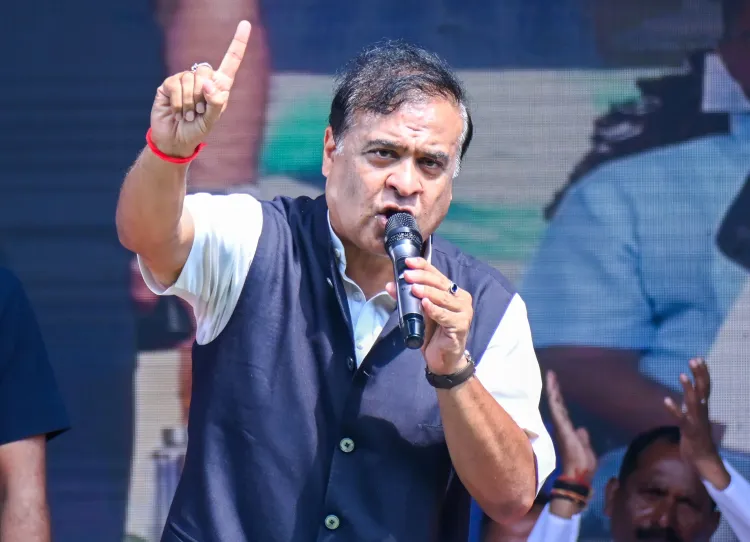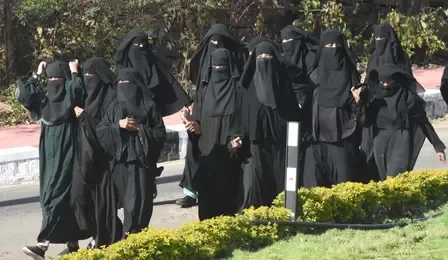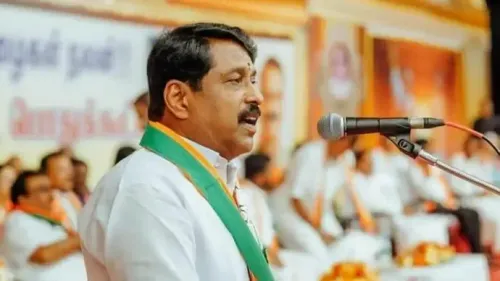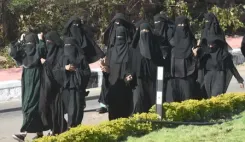How Committed is CM Sarma to a Child Marriage-Free Assam?

Synopsis
Key Takeaways
- Chief Minister Sarma is determined to eradicate child marriage by 2026.
- The Nijut Moina initiative aims to empower girls through education.
- Financial support is provided to prevent school dropouts.
- Community outreach is essential to reach vulnerable populations.
- Education and awareness are critical for social transformation.
Guwahati, Oct 14 (NationPress) The Chief Minister of Assam, Himanta Biswa Sarma, affirmed on Tuesday his administration's dedication to eliminating child marriage in the state by 2026, emphasizing that the struggle for the future of girls “remains strong.”
In a post on X, Sarma revealed that the second phase of the ‘Nijut Moina’ initiative, dubbed #NijutMoina2, is set to launch in October, shortly after Diwali.
The enhanced program seeks to empower adolescent girls, ensuring they continue their education rather than facing early marriages.
“Our commitment to the future of our girls is unwavering as we strive for a Child Marriage Free Assam by 2026. The expanded #NijutMoina2 will benefit our girls starting in October, post-Diwali, empowering them to pursue their education,” Sarma stated.
The 'Nijut Moina' scheme is integral to the state government's comprehensive strategy aimed at preventing school dropout among girls caused by financial pressures or societal norms.
Eligible girls under this scheme will receive financial support for their studies from the higher secondary level to post-graduation.
Authorities mentioned that the state machinery is actively engaging with remote and marginalized communities to ensure the scheme reaches every potential beneficiary.
By connecting educational incentives with child marriage prevention, the government aims to disrupt the cycle of early marriage and cultivate a new generation of women leaders.
The launch of 'Nijut Moina 2' aligns with Assam's ongoing efforts against child marriage, with hundreds arrested in the past year. Chief Minister Sarma has consistently highlighted that education and awareness are crucial for fostering this social change.
The Chief Minister expressed concern regarding the entrenched socio-cultural disparities impacting young girls across various regions of the state, noting prevalent instances of child marriage and limited access to education in certain areas.
During a recent public event, CM Sarma contrasted the realities faced by girls in urban locations such as Guwahati, Dibrugarh, and Silchar, where educational and career opportunities are promoted, with those in less developed regions, where child marriage is a harsh reality.
“In some areas, girls as young as 12 are becoming mothers, while in our cities, girls the same age are in school, aspiring for careers,” he remarked.
The Chief Minister highlighted alarming practices in rural regions where girls are reportedly wed between the ages of nine and 12, often becoming the third wife in polygamous families.









